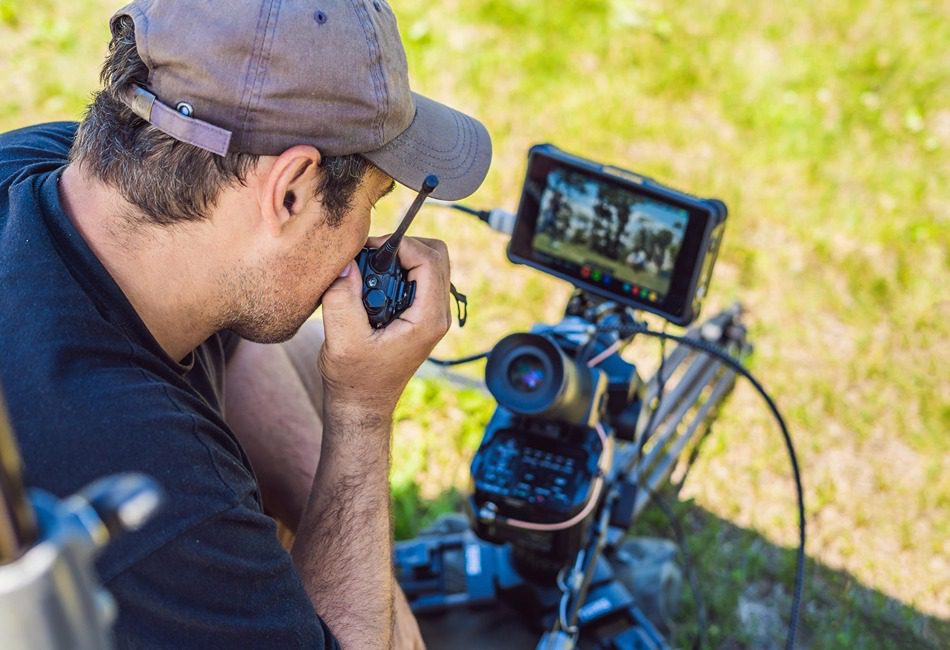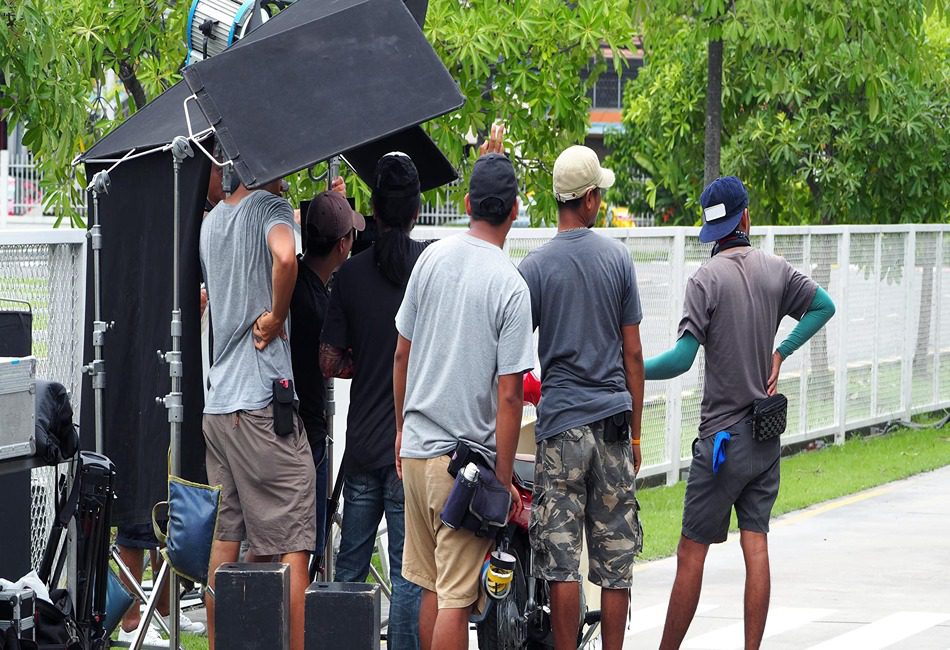Recognizing the work and importance of location managers in film and how these geniuses help to create dazzling cinematic worlds
In the glittering world of Hollywood awards, where every aspect of filmmaking—from acting to hair and makeup—is celebrated, there exists a group of professionals who toil tirelessly behind the scenes: location managers in film. These unsung heroes play a pivotal role in shaping the visual identity and narrative authenticity of films, yet their contributions to cinema are frequently overlooked when it comes to major awards like the Oscars. It’s time to shine a spotlight on why location managers deserve to be recognized with Academy Awards.
Be sure to Subscribe for FREE to Destination Film Guide and Download the Magazine for FREE to uncover more unique production content and expert resources.
The Importance of Location Managers in Film
Imagine iconic movie moments: the haunting landscapes of The Revenant or the bustling streets of La La Land. Each of these scenes owes its existence to the meticulous work of location managers. These professionals are not merely scouts; they are the invisible architects who find, negotiate, and transform real-world locations into cinematic magic. Location managers navigate complex logistical challenges, secure permits, and ensure that every location seamlessly integrates with the director’s vision and the story’s narrative arc.
The Importance of Film Locations

In the world of filmmaking, where every scene is a piece of a larger narrative puzzle, location managers are the hidden assets who ensure that the settings not only fit the script but also enhance the visual and emotional impact. The right location can evoke a specific era, mood or cultural backdrop, enriching storytelling by immersing audiences in authentic and compelling environments.
Leanne Emmert, the location manager behind many notable films including Transformers, Kong: Skull Island, and The Fabelmans, puts it this way: “A lot of work goes into finding and paving the way for companies to be in these places, whether it’s an incredibly busy city or a distant desert. What is seen on screen starts with us.”
What Are the Responsibilities of Location Managers in Film?

During production, location managers handle everything from managing local crews to maintaining good relationships with communities impacted by filming. Other responsibilities include:
- Deep understanding of architecture and geography, and recognizing how to align them with the film
- Understands cultural concepts
- Ensures understanding of local regulations
- Scouts film locations
- Secures and manages locations that bring scripts to life
- Bridges the gap between the creative vision of directors and the practical logistics of filming on-site
- Negotiates permits
- Coordinates seemingly unending logistics
- Significantly contributes to a film’s visual and emotional tones
Working closely with directors, producers, production designers and often a large team of their own, location managers contribute insights that shape a film’s narrative coherence and visual and emotional style. Their expertise ensures that each location not only meets technical requirements but also enhances the director’s artistic vision while adhering to all local regulations.
Be sure to Subscribe for FREE to Destination Film Guide and Download the Magazine for FREE to uncover more unique production content and expert resources.
Epic Movies from Location Managers in Film

The Lord of the Rings: The expansive landscapes of New Zealand became Middle-earth, thanks to the efforts of location manager Jared Connan and his team. The magic of Middle-earth hasn’t left, with iconic places such as The Shire becoming major tourist attractions.
Heat: Janice Polley attributes this film to being the hardest she’s ever worked on as, in part due to the Unabomber. With just two weeks left of shooting at the Los Angeles Airport—and with De Niro and Pacino already committed to other movies—the Unabomber threatened to strike. Long story short: Polley convinced the FBI that the show must go on.
Inception: If you’ve watched this movie, then you likely remember the train scene. This was not a product of CGI but rather an incredible set design with six months of planning. Location manager Ilt Jones’ tireless efforts to shut down five blocks of downtown LA and convince the fire department and local buildings to allow rainmaking equipment on their roof, was all worth it in the end.
And the Award Goes To…

Despite their crucial role, location managers in film currently lack recognition at major awards ceremonies like the Oscars. This oversight diminishes the knowledge of their pivotal role in the filmmaking process and the immense effort required to bring captivating locations to the silver screen.
It’s time for the Academy of Motion Picture Arts and Sciences to introduce a dedicated award category acknowledging the individual contributions of location managers in film. By awarding location managers with the recognition they deserve, the Academy not only acknowledges the craft but also reaffirms its commitment to celebrating all facets of cinematic excellence.
Be sure to Subscribe for FREE to Destination Film Guide and Download the Magazine for FREE to uncover more unique production content and expert resources.
By Tinder Kiely


